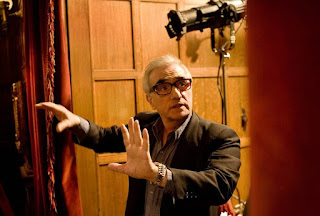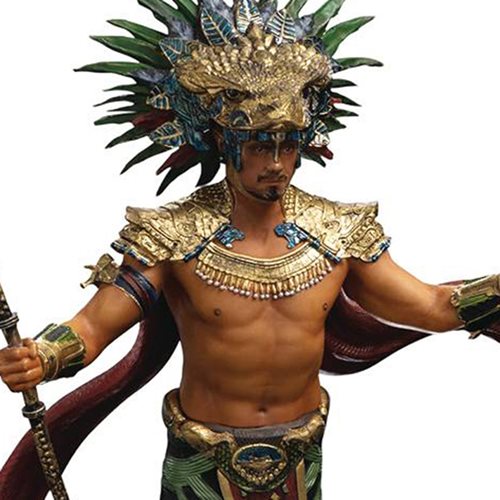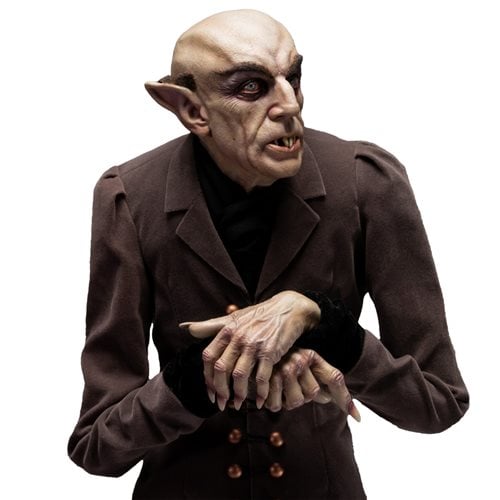Known for his masterful storytelling, immersive visuals and complex
characters, Scorsese has graced us with a diverse range of films, from gritty
gambling sagas to exquisite period romances.
1. Passion, Obsession, and Redemption: Scorsese's
Exploration of Characters
Scorsese's films are not just about crime and violence; they're about the
intricacies of the human condition. He delves deep into the psyche of his
characters, exploring their passions, obsession, and paths to redemption.
In "Raging Bull" (1980), Scorsese teams up with Robert De Niro again to bring
the life of boxer 'Jake LaMotta' to the screen. The film explores LaMotta's
tumultuous life, showcasing the raw intensity of both the character and the
performances.
Moving away from the world of crime, Scorsese directed "The Aviator" (2004),
a biographical drama depicting the life of aviation pioneer 'Howard Hughes'.
Starring Leonardo DiCaprio, Cate Blanchett and Kate Beckinsale, the film captures Hughes' ambition, innovation and struggles, showcasing Scorsese's versatility as a mainstream director.
2. Period Romances and Cinematic Grandeur: Scorsese's
Epic Films
In addition to crime dramas and character studies, Scorsese has ventured into
the realm of period romances and historical epics.
One of his standout films in
this genre is "Gangs of New York" (2002), set in 19th-century New York City during ethnic gang wars. With Daniel Day-Lewis, Leonardo DiCaprio, and
Cameron Diaz in leading roles, the film captures the historical essence of the
era while exploring themes of vengeance, loyalty and identity.
Scorsese's period romance "The Age of Innocence" (1993), based on Edith
Wharton's novel, takes viewers back to the upper-class society of 19th-century
New York. The film beautifully portrays the constraints of societal norms and
unrequited love, painting an indelible picture of a bygone era.
3. The Rise of the Mob: Scorsese's Gritty Crime Dramas
When you think of Martin Scorsese, the first genre that likely comes to mind is
crime drama. Scorsese is a maestro when it comes to depicting the gritty
underworld of organized crime. His collaboration with Robert De Niro in films
like "Mean Streets" (1973) established him as a master of depicting the
complexities of mob life.
In "Casino" (1995), one of the most popular movies about gambling, Scorsese
delves into the glitz and glamour of Las Vegas, exploring the rise and fall of a
casino empire. With its intense storytelling and brilliant performances by
Robert De Niro, Joe Pesci, and Sharon Stone, "Casino" remains a
quintessential gambling movie that immerses viewers into the high-stakes
world of casinos and corruption.
4. Music as a Character: Scorsese's Love Affair with
Soundtracks
One of the distinctive features of Scorsese's films is his masterful use of
music. He doesn't just incorporate songs into his movies; he transforms them
into characters, enhancing the emotional depth of his narratives.
From the iconic pairing of "Layla" with a heartbreaking montage in
"Goodfellas" to the use of The Rolling Stones' "Gimme Shelter" in the intense
climax of "The Departed" (2006)...
...Scorsese's soundtracks are carefully
curated, elevating the impact of every scene.
In "The Wolf of Wall Street" (2013), Scorsese employs a diverse range of
music, from classical compositions to contemporary hits, to enhance the
energy and atmosphere of the film. The result is a soundtrack that perfectly
complements the film's whirlwind narrative and dynamic characters.
5. Legacy and Influence: Scorsese's Impact on Filmmaking
Beyond his individual films, Scorsese's influence on the art of filmmaking is
immeasurable. His attention to detail, dedication to storytelling and ability to evoke powerful performances from actors have set the
standard for generations of filmmakers.
Scorsese's commitment to preserving the legacy of cinema led
to the creation of 'The Film Foundation', a group dedicated to the
restoration and preservation of classic and historically significant films.
Through his efforts, Scorsese ensures the magic of cinema continues to
inspire future generations of filmmakers and audiences alike.
In the world of filmmaking, Martin Scorsese is not just a director; he's a
cinematic maestro whose work has left an indelible mark on the industry. transporting audiences to diverse worlds, exploring the depths of human emotions and the complexities of society.
Whether you find yourself enthralled
by the gripping drama of "Killers of the Flower Moon" (2023), Taxi Driver" (1976), the epic grandeur of "The
Irishman" (2019), or the timeless romance of "Hugo" (2011), know you're
experiencing the work of a master, whose knowledge of films continue to educate, captivate and enthrall.
Click the images to enlarge...


.jpg)
.jpg)


















.webp)





































































